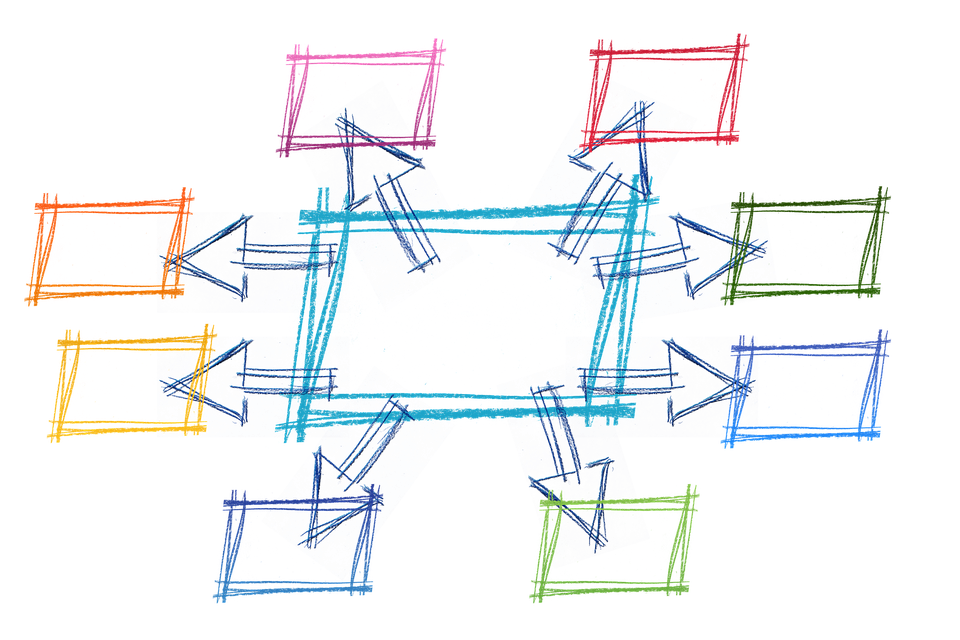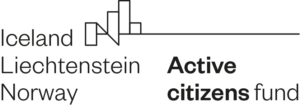Universally Accessible Basic Social Services in Croatia: Feasibility Model
Posted 06.06.2022.

We present to you the publication Universally Accessible Basic Social Services in Croatia: Feasibility Model. The publication introduces a model for achieving universal accessibility of social services, which experts agree are a priority for various groups of users. The publication answers two important questions: 1) what proportion of citizens can be expected to have a need for a specific service, and 2) what resources are needed to ensure that all citizens in need have access to basic social services.
The publication, authored by Ana Opačić and Dragana Knezić, presents a unique overview of the state of social services in Croatia and offers a contribution to the comprehensive development of social services based on scientific and expert data.
What are social services?
In this publication, social services are defined as all activities that contribute to the quality of life and social inclusion of citizens who are traditionally considered vulnerable, are based on voluntariness and an individualized approach, and aim to enable the user to live in a family and local community. A typology of social services is proposed, identifying four basic types based on purpose and level of institutionalization, as well as a classification of social services according to the intensity of work with the user and the mode of delivery. This approach provides a comprehensive and multidimensional framework for understanding social services in their diversity and dynamic development.
The study details the procedure and methodology for reaching expert consensus on social services that, due to their importance for the quality of life and health of users, belong in the basic package and should represent a standard—being universally accessible. The publication also presents a series of analytical steps aimed at projecting the potential number of users for each basic social service and assessing the professional and other resources required to deliver them.
How many people are needed?
The calculation shows that to ensure the delivery of basic social services, which should be provided in the local community, the following approximate numbers are required:
- 5,824 highly educated professional helpers
- 2,573 experts in education
- 13,607 healthcare professionals, including 9,734 caregivers
- 4,348 non-professional helpers
- 21,695 para-professional helpers in the care sector, the largest share for providing home assistance services – 12,139
- 6,229 volunteers
In order for basic social services to be guaranteed, alongside human and financial resources, a change in management is necessary, as well as functional integration of services across different sectors and resource sharing. The publication proposes a coordinated system of shared responsibility, in which various stakeholders at both national and local levels will be activated to achieve comprehensive accessibility of social services for the most vulnerable members of society in the Republic of Croatia.
The project Communities Include – Initiative for Universally Accessible Basic Social Services in the Community was funded through the Active Citizens Fund in Croatia, and is led by the Rehabilitation Center for Stress and Trauma.
